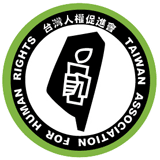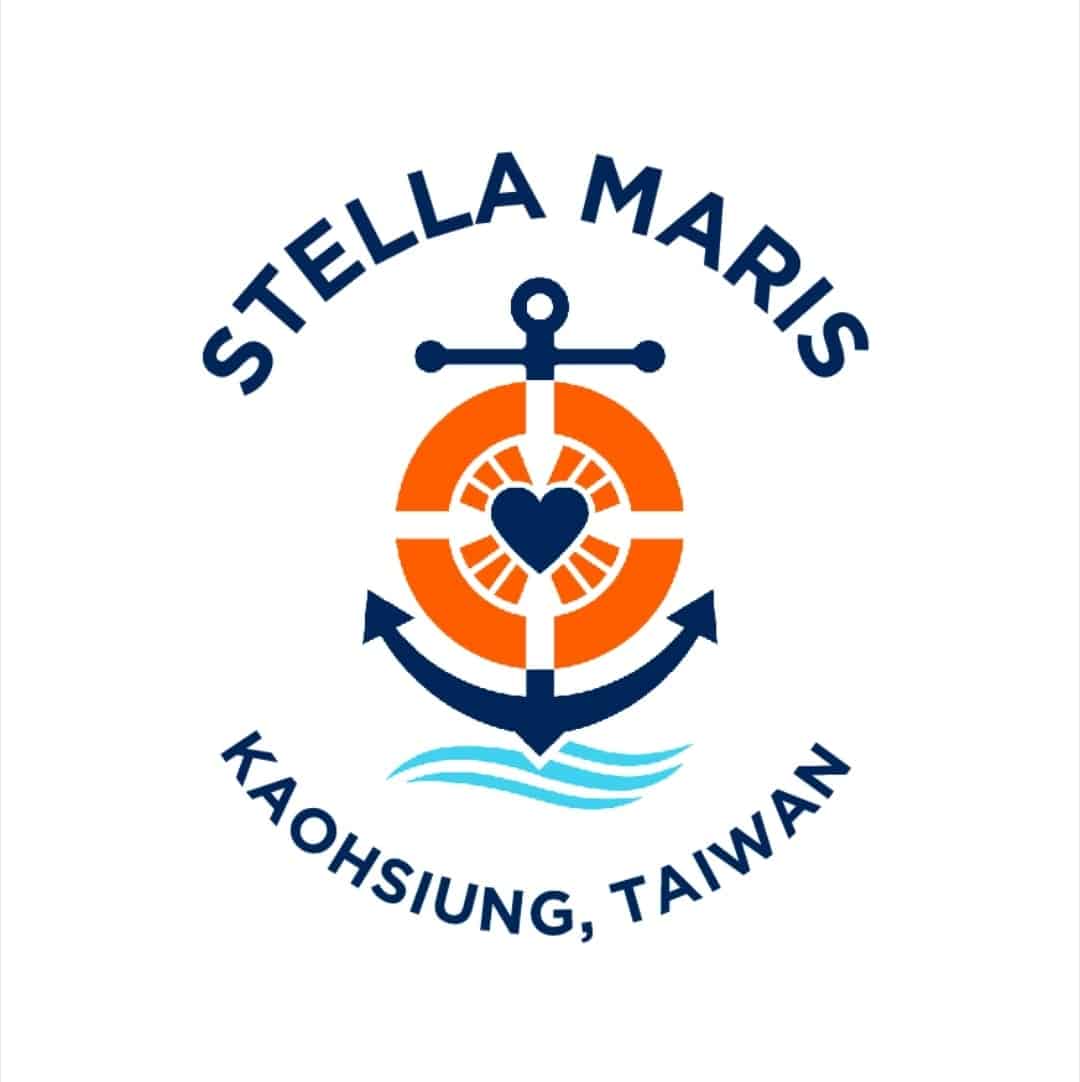Latest Events
廢除工作年限-移工大遊行
廢除工作年限-移工大遊行 中英印越泰各語言路線圖 集結時間:2025年12月07日(日) 下午12:30集合 13:30出發 集結地點:勞動部(台北市中山區松江路207號) 遊行終點:立法院(台北市中正區中山南路1號) 遊行路線: 松江路→民生東路迴轉→松江路→南京東路→林森南路→濟南路→中山南路 藍領移工在台灣 #工作年限為12年,許多屆滿年限的移工雖然想繼續留台工作,卻因為年限到了只能無奈離境。 近年,政府提出了 #中階聘僱制度,希望吸引技術熟練的勞工留台,但是否留任並協助移工申請中階,#決定權全在於雇主,移工為了留下來,往往只能接受更多不利條件,面對更多被仲介雇主剝削的風險。 在工作年限的限制下,#移工就像免洗筷般用完即丟,將最好的青春年華與勞動力奉獻給了台灣社會,我們卻幾乎不需要承擔他們老年的退休保障或照顧,這是赤裸的不公平。 今年的我們要主張: 所有藍領移工,都應該和其他外國勞動者一樣,不受台灣工作年限限制,能自主決定想在台灣工作多久! 誠摯地邀請大家,12月7日一起上街,要求廢除藍領移工的工作年限!
Abolish the work-year limit ! Migrant Workers Rally
Abolish the work-year limit ! Hapus batas masa kerja ยกเลิกการจำกัดอายุงาน Xoá bỏ giới hạn làm việc #AbolishTheWorkYearLimit ! JOIN 2025 Migrants workers Rally Assembly Time: Sunday, December 7, 2025 at […]
Public Statement on the You-Fu Fishing Human Trafficking Criminal Case Dukungan atas Pernyataan Publik terkait Kasus Perdagangan Manusia di Kapal You-Fu
Waiting for Justice: Taiwan’s Failure to Prosecute the You-Fu Human Trafficking Case Does Not Meet International Legal Standards Taipei, 11 August 2025 About the You-Fu Criminal Case In August 2024, the prolonged […]
Latest Publication, Book & Podcast
Bonny Ling & Mariko Hayashi | Refugee Protection in Japan and Taiwan: Common Challenges and Ways Forward for Human Security
This chapter explores the current situation of refugee protection in both Japan and Taiwan. For both, refugee assistance serves a diplomatic purpose by promoting the country’s contribution to external refugee issues, rather than implementing the norms and spirit of the Refugee Convention domestically. This chapter examines the gaps between international standards in the protection of asylum seekers and refugees, and Japan’s implementation of those standards. It also looks at how these challenges are manifested for Taiwan, which lacks an asylum law.
Understanding the International Labour Organization Indicators of Forced Labour: Practical Guide for Taiwan’s SMEs
This is an SME-friendly policy guide in Chinese (traditional) on the International Labour Organization Indicators of Forced Labour. It covers all the indicators and aims to improve SME awareness on international standards concerning these indicators in Taiwan. The guide is a source of authoritative reference materials of continuous learning on forced labour risks in the Taiwanese supply chain. While the guidebook specifically addresses the SMEs, the materials on international standards and Taiwan-specific analyses are relevant for all stakeholders.
Joyce C.H. Liu | Cyber Slavery, Port Cities and Systemic Cruelty
This article presents a theoretical analysis of the logistics of neoliberal slavery in the 21st century, focusing on the role of the port cities as the hinge in the supply chain through the case of the cyber scam industry of the Sihanoukville Special Economic Zone. The hinge, in a metonymic and metaphorical way, connects a complex mobile networking system with a multi-dimensional and topological dynamism. The overlaid networks consist of a tripartite operation—the production, the market, and the law—and explains the persistence of human interest in profiting from surplus values through human labor extraction, and the violence and cruelty inherent in this. The logic of circulation no longer follows Marx’s analysis of M-C-M or M-M+, but the formula of V-M+. Through void with no cost, and violence with no law, there is no limit to the multiplication of capital.
Jonathan S. Parhusip | The Making of Freedom and Common Forms of Struggle of Runaways in Taiwan
Local labor laws in Taiwan push migrant workers to run away from contracted employment arrangements and become undocumented. This article examines the common forms of struggle pursued by runaway Indonesian migrant workers with a focus on the informal organizational structures that support their daily survival. To open space for maneuver within nation-state borders, runaway migrant workers utilize their agency and negotiate state and nonstate structures such as recruitment companies, NGOs and civil society organizations, migrant communities, illegal agency services, and taxi drivers.
Joyce C. H. Liu & Brett Neilson | Introduction: Migration Struggles, Colonial Legacies, and Pandemic Shifts
We title this Against the Day section “Migrant Struggles in East and Southeast Asia” with appreciation of this predicament. Our intention is not to enclose experiences of migrant life and struggle within a strict regional frame. Rather, in bringing together contributions that engage with migrant struggles across locations in contemporary Asia, we seek to mark a dissonance and resonance with migrant projects in other parts of the world.
Mei-Lin Pan | Neither compatriots nor refugees: Status discrimination of exiled Tibetans and the contradictory faces of the Republic of China (Taiwan)
Taiwan’s ambiguity of identity pushes the government neither to treat Tibetan refugees in Taiwan as compatriots nor accept their status as refugees. Placed under double liminal status, exiled Tibetan refugees in Taiwan have been discriminated against and denied their entitled human rights. This paper provides two cases to reveal the very real difficulty of their situation in Taiwan. Both stories present the kind of dilemma the exiled Tibetans face in Taiwan due to this double liminality.








